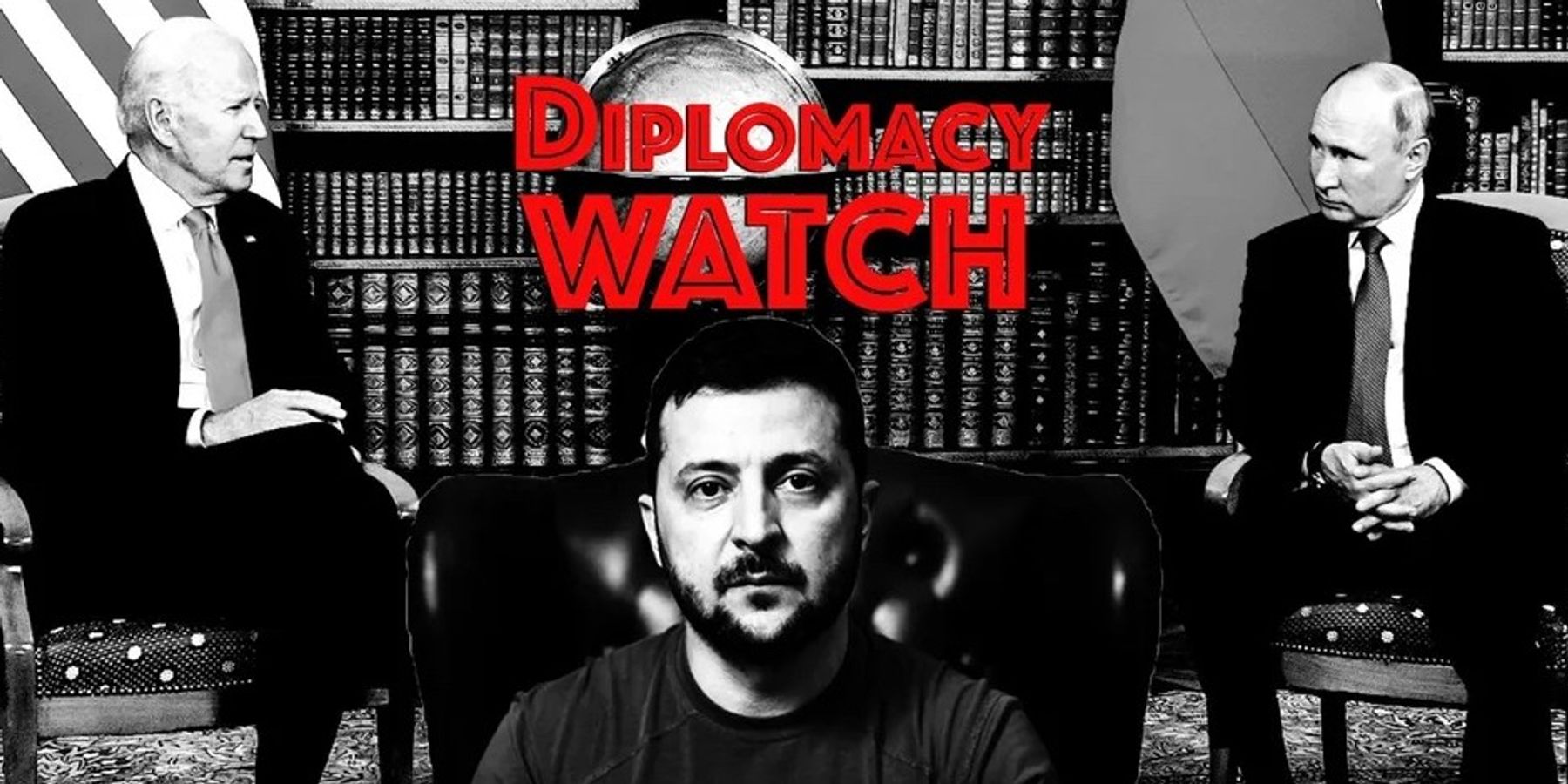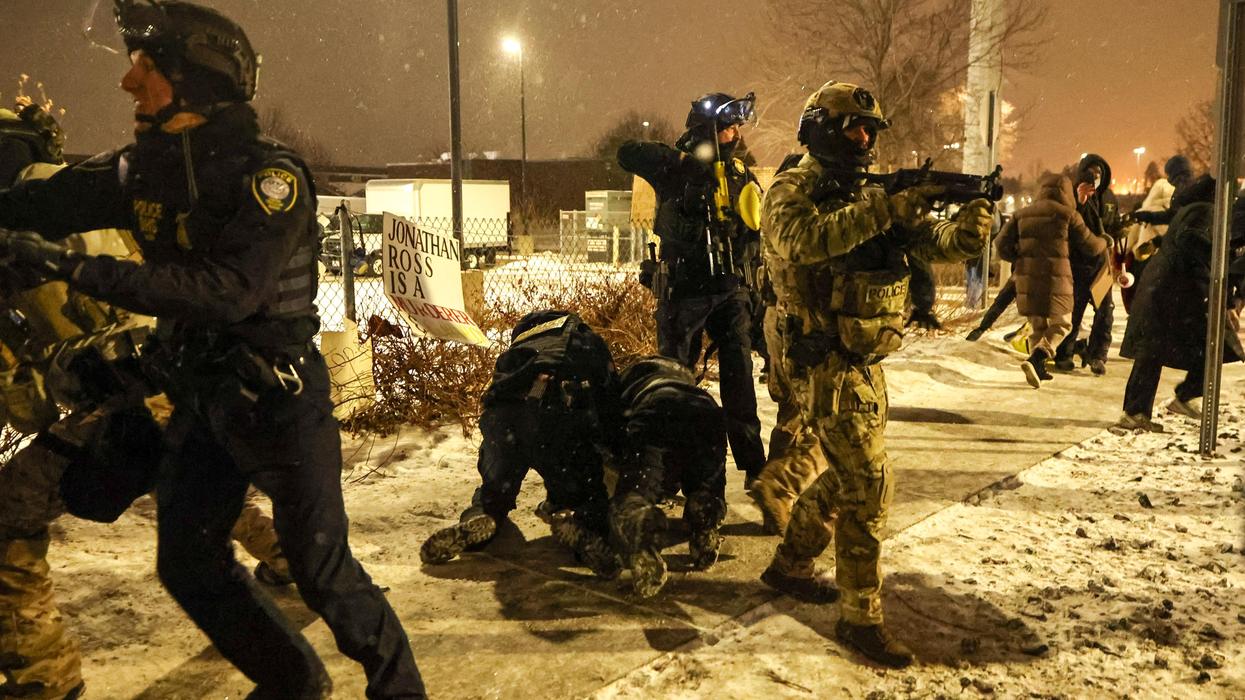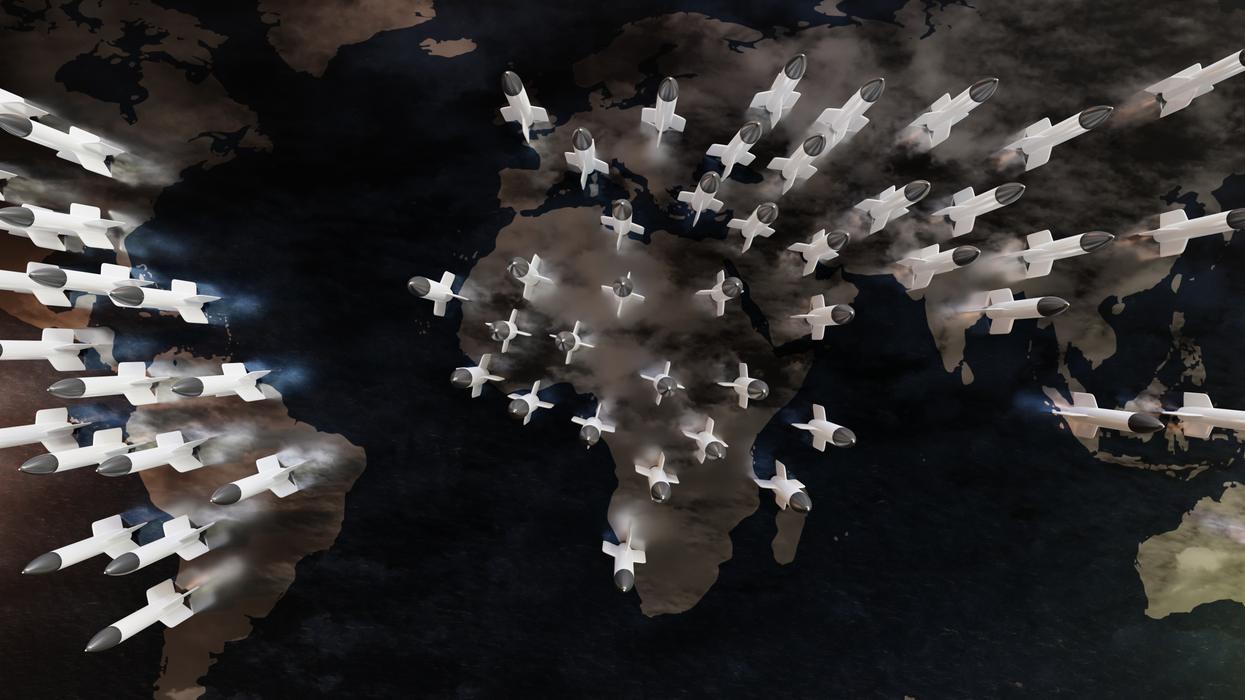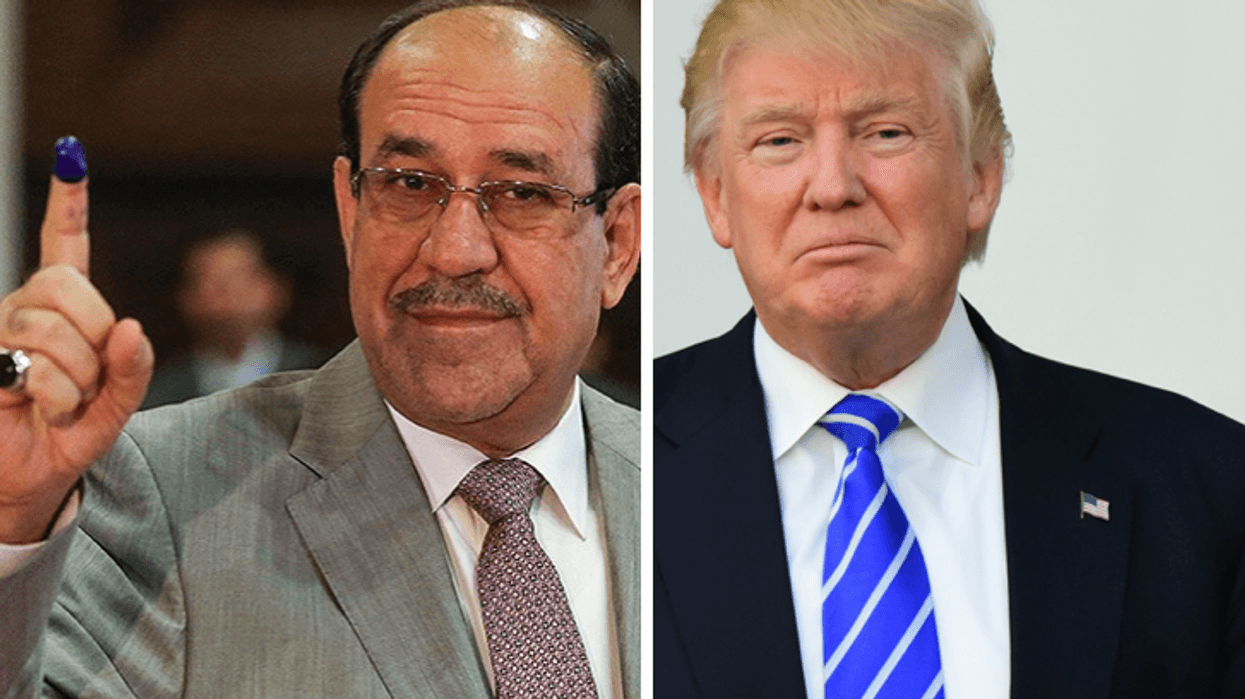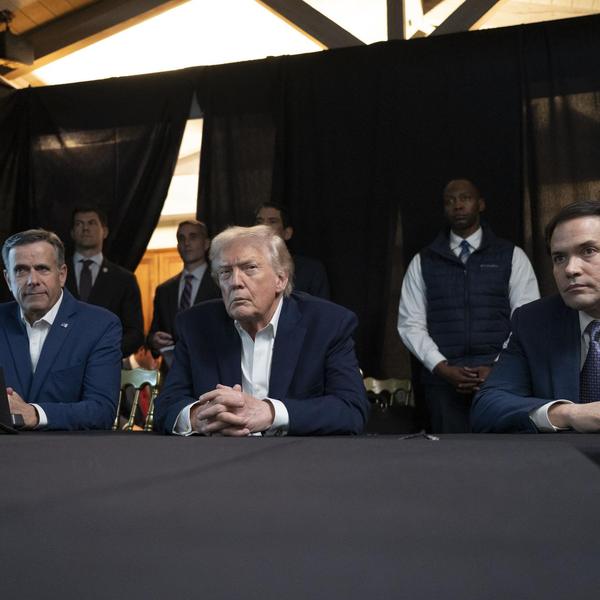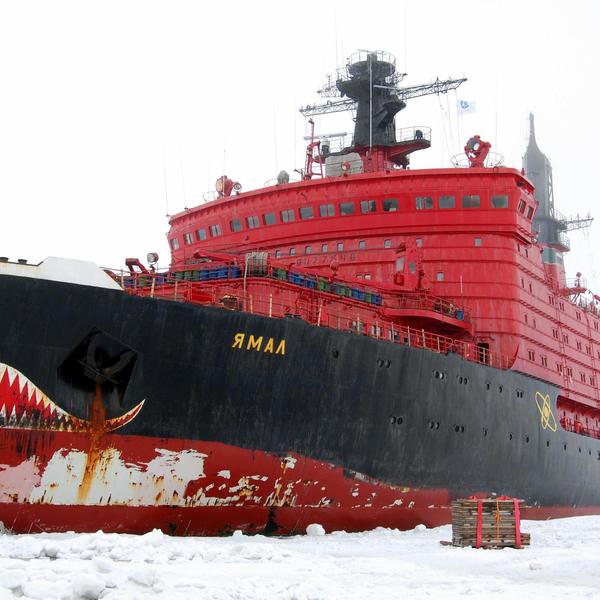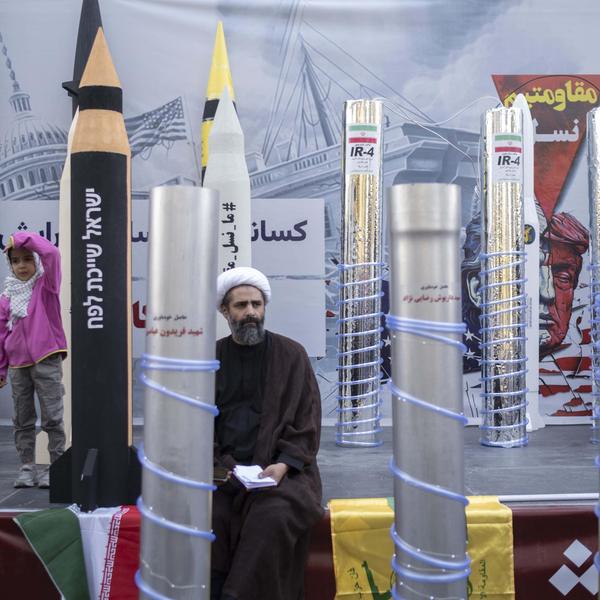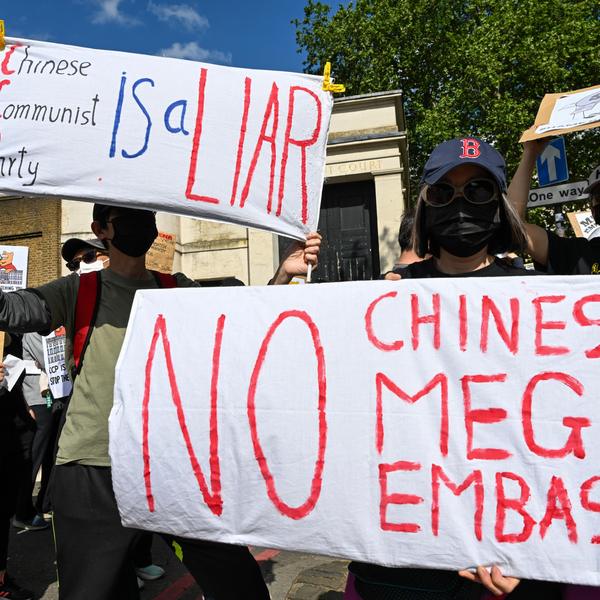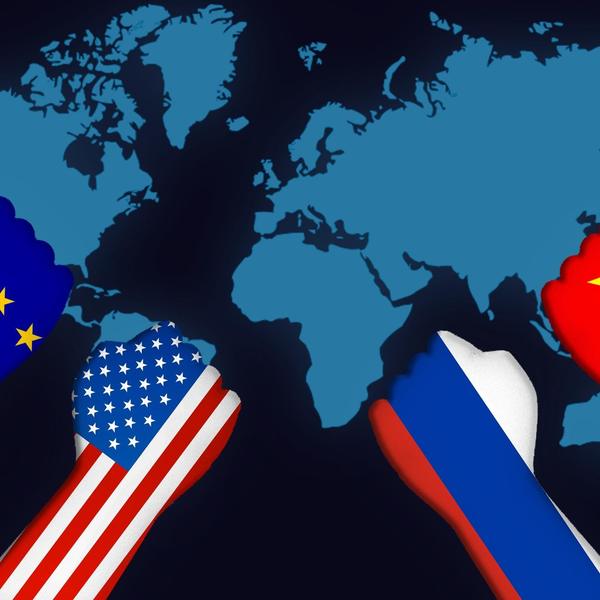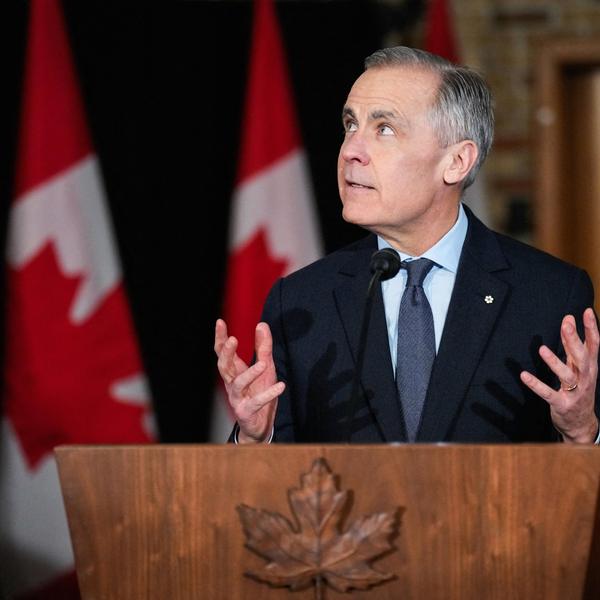As the foreign ministers of NATO member countries gathered this week in Brussels to celebrate the alliance’s 75th anniversary, the war in Ukraine is at a crossroads.
On the one hand, despite incremental movement in recent weeks, the latest tranche of aid for Kyiv remains stalled in the U.S. Congress. And while Ukrainian President Volodymyr Zelensky continues to urge Washington to approve the package, Ukrainian military officers are now acknowledging that even if that aid ever arrives, it is unlikely to shift battlefield dynamics that currently favor Russia.
“There’s nothing that can help Ukraine now because there are no serious technologies able to compensate Ukraine for the large mass of troops Russia is likely to hurl at us,” an anonymous military source told Politico this week. “We don’t have those technologies, and the West doesn’t have them as well in sufficient numbers.”
So far, however, NATO appears unmoved by these realities. Instead of pivoting its strategy, the alliance is leaning into a military-only solution to the war. To mark the anniversary, the foreign ministers of France, Germany, and Poland co-authored an op-ed in Politico, celebrating NATO as “the most successful defense alliance in history” and playing up the stakes of the war in Ukraine.
“For Europe to be at peace, Russian imperialism must be stopped. We cannot allow for any ‘gray zones’ because Putin sees them as an invitation to undermine territorial integrity and sovereignty, draw imaginary lines on the map and, ultimately, use military force,” the foreign ministers wrote. “His full-scale invasion of Ukraine has also proven that a policy of concessions vis-à-vis Russia, in the hopes that it could bring peace or stability back to the Continent, is naive.”
Given the possibility that Donald Trump returns to the White House in 2025 — and considering his and many in his party’s apparent skepticism to continuing funding Ukraine’s war effort — NATO is planning for ways to overcome Washington potentially taking a step back on the issue.
“Under a proposal being discussed this week at the military alliance’s headquarters, NATO would oversee the Ukraine Defense Contact Group, a group currently led by the United States that coordinates the donation and delivery of weapons to the battlefield,” according to the New York Times. “Discussions are also underway about a plan floated by Jens Stoltenberg, the NATO secretary general, to secure an additional $100 billion from the alliance’s 32 member states for Ukraine over five years.”
The $100 billion fund has been described by other media outlets as a way to “Trump-proof” future aid for Ukraine. Sources close to NATO secretary general Jens Stoltenberg told the Financial Times that he had framed the proposal as a way to “to shield the mechanism against the winds of political change.”
Both the long-term funding structure and the plan to shift the leadership of the Defense Contact Group are in their early stages and could run into roadblocks. Hungary, which was the lone hold out on a recent European Union long-term aid package for Kyiv before eventually acquiescing, is again expected to raise opposition to Stoltenberg’s suggestion.
And the U.S. may not want to take a step back from its leadership role in coordinating military support for Kyiv. While the Biden administration has refused to comment directly on the proposal, U.S. officials “appeared dubious,” according to the New York Times. Both Secretary of Defense Lloyd Austin and National Security Council spokesman John Kirby lauded the success of the group under Washington’s leadership.
“The contact group has been very, very effective,” said Kirby. “We’re going to continue to lead and convene it. And we know that our leadership of that contact group is valued, it’s important.”
In other diplomatic news related to the war in Ukraine:
— Zelensky signed a law this week lowering his country’s draft age from 27 to 25, bringing an end to a battle that started when the law was first passed last summer. “Discussion over who and how many people to mobilize has been divisive in a society that has otherwise been united by a common Russian foe,” according to the The Washington Post. “Although support for the military is extremely high among Ukrainians, few people who haven’t already volunteered to fight want to. Meanwhile, Ukrainian commanders have said they are in desperate need of reinforcements, especially in the forwardmost positions. Some soldiers have been fighting for more than two years with few breaks.”
— In another sign of turmoil in Kyiv, Zelensky fired a number of aides last weekend. According to the Associated Press, Zelensky removed Serhiy Shefir from his post of first assistant, as well as three advisers and the presidential representatives in charge of volunteer activities and soldiers’ rights.
— U.S. Speaker of the House Mike Johnson (R-La.) pledged to address the Ukraine aid package quickly once Congress returns from a two-week recess on Monday. It remains unlikely that the House takes up the national security supplemental that passed the Senate in February that contains about $60 billion for Kyiv, with the Speaker instead saying he would propose alternatives with some “important innovations.” In an interview with Fox News on Sunday, Johnson floated three possible innovations: sending aid to Kyiv in the form of a “loan” instead of a grant; using seized Russian assets as a way to fund Ukraine; and tying the passage of more aid to legislation that would end a hold on new exports liquefied natural gas. Whether any of these options will be able to get through a fractured House remains unclear.
—Russia’s defense minister warned his French counterpart on Wednesday against sending French troops to Ukraine while also noting that Moscow was prepared to take part in negotiations, according to the Associated Press. This was the first time since October 2022 that the two defense ministers had spoken and came in response to comments from French President Emmanual Macron in February in which he did not rule out the possibility of NATO troops being sent to Ukraine. The Wall Street Journal published a profile of Macron on Wednesday that sought to explain how he had gone to one of the leading NATO proponents of having dialogue with Vladimir Putin to floating the possibility of having Western boots on the ground.
“In recent weeks, Macron has begun using dark rhetoric to prepare the French public for the possibility of a more direct confrontation with Moscow, warning that if Ukraine falls then a host of Central and Eastern European countries would be next,” according to the Journal.
U.S. State Department news:
— In two press briefings held this week, State Department spokesman Matthew Miller fielded few questions on the war in Ukraine. In Monday’s briefing, he was asked about an upcoming meeting between Putin and Chinese President Xi Jinping.
“So we have made clear that we have concerns with the, I think, full-scale partnership – I’m going to get the words exactly wrong – that we have seen between Russia and China,” Miller said. “We have made very clear that we don’t want to see China do anything to help support Russia’s aggression in Ukraine, and we will continue to make that clear.”
- Beyond the Noise: NATO Debates, Past and Present ›
- When officials say the quiet part about Russia and NATO out loud ›

